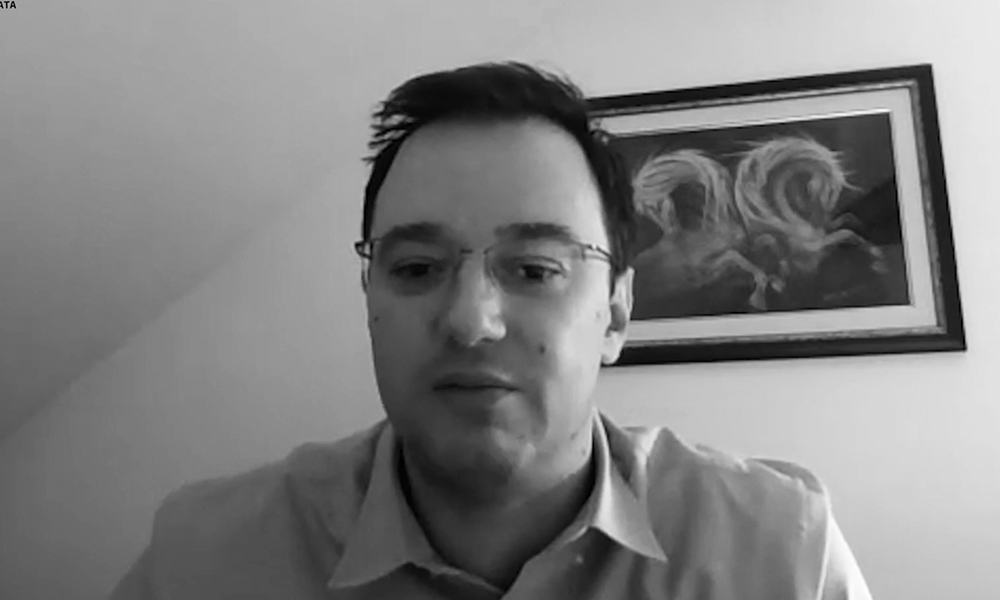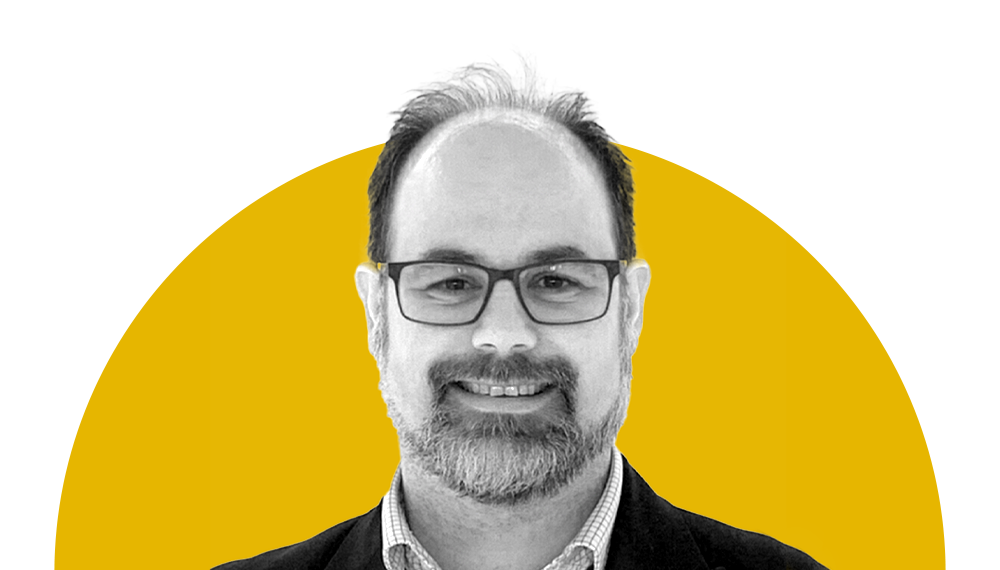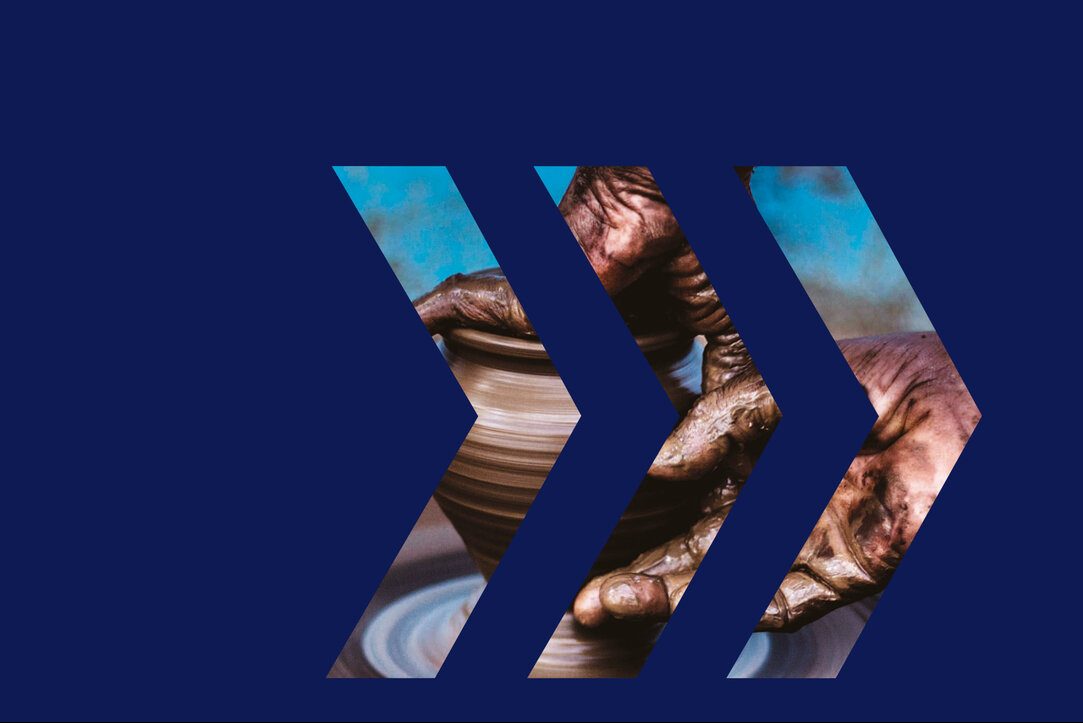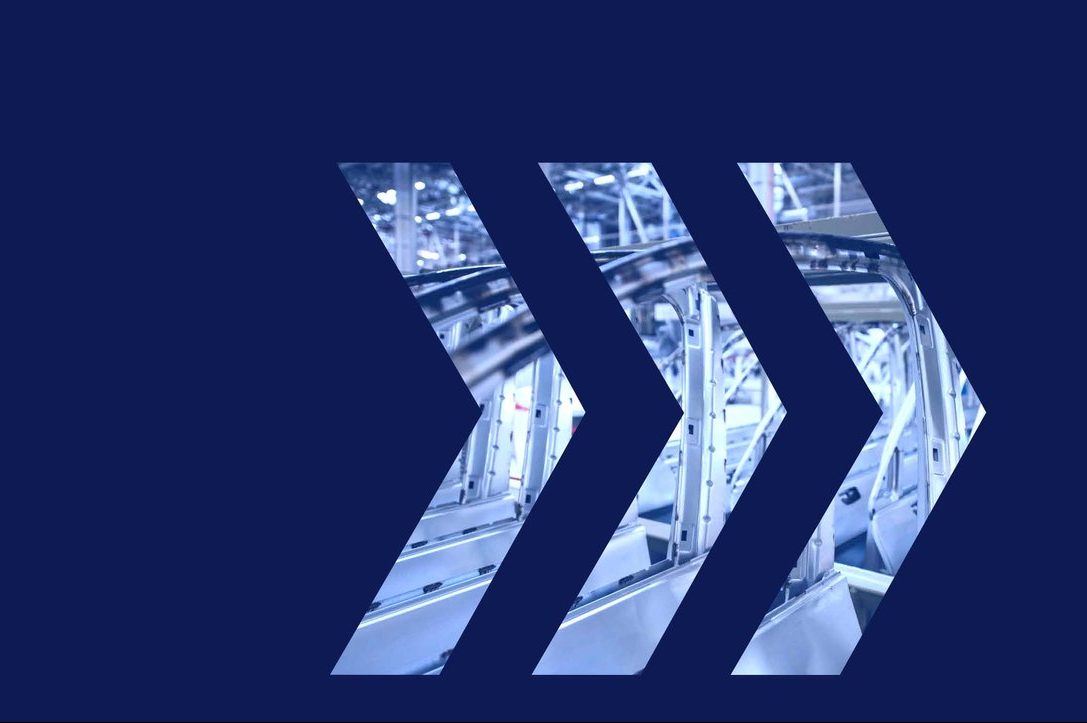Continuous innovation used to be enough to drive growth. However, today’s organisations also must innovate at speed and scale. Indeed, a frequent question we hear from CEOs around the world is: “How can my organisation adapt and move faster?”
This issue of CXO Magazine looks at how Intelligent Organisations – the theme of this edition – leverage technology and decentralise decision-making to thrive in disruptive environments. Such enterprises realise that speed and flexibility are more important than mass. Yet even when large organisations recognise the importance of speed, decisions and accountability for outcomes frequently rests with a mere handful of senior managers at the top.
Compounding this centralisation problem is the paradox of real-time data available to modern organisations: the unimaginable volume of internal and external data available is often inaccessible and incomprehensible to human beings.
Enter AI and robotics – technologies that can instantly access, organise and analyse vast amounts of data and automatically make informed decisions about a wide range of high-volume issues. The most complex problems can then be delegated to people at the edge where enterprises and their customers/constituents meet. Intelligent organisations disperse empowerment and accountability to accelerate and improve decisions. Otherwise, vital opportunities are at risk of being missed.
NTT DATA’s focus on data, analytics and intelligent automation is predicated on helping organisations thrive by freeing their people to handle the most complex tasks and add greater value to end users. The limited skills availability and incredible competition for talent, coupled with continued fallout from the Covid pandemic, makes it more important than ever to make the best use of people.
As individuals are empowered to use their skills, time and knowledge in the most efficient and effective way possible, organisations can adapt exactly where, when and how they should. The result will benefit all stakeholders.
Enjoy the read.
Bob



























